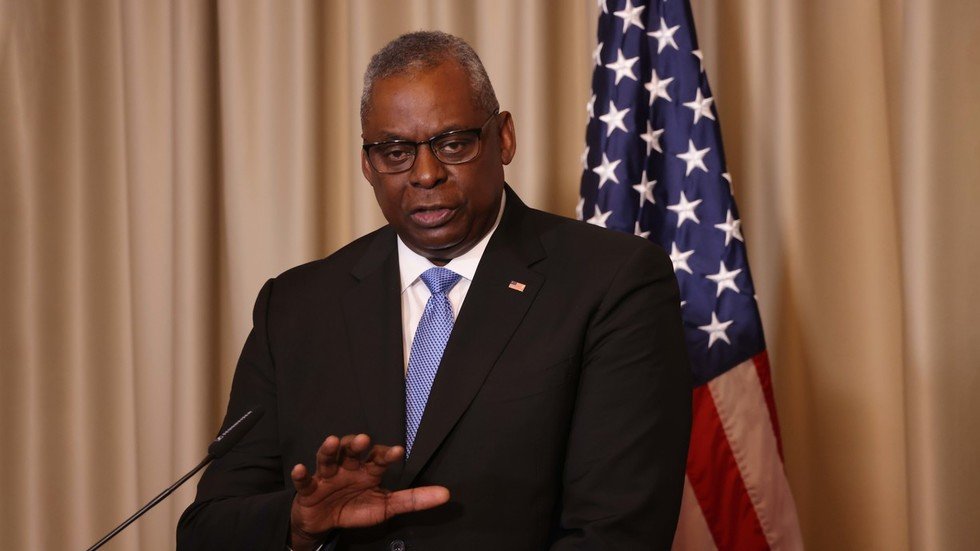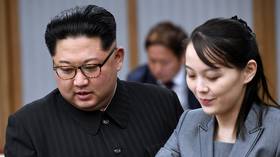Pyongyang has previously rejected the accusation, while the Kremlin called reports on the matter “contradictory”
North Korean service members have arrived in Russia, US Defense Secretary Lloyd Austin has claimed, adding, however, that Washington so far has no idea what their plans in the country are. Pyongyang previously rejected the accusation, while the Kremlin has pointed out the “contradictory information” on the issue.
Speaking to reporters in Rome on Wednesday, Austin said that “there is evidence of DPRK troops in Russia,” adding that “what exactly they’re doing is left to be seen.” According to the secretary, Washington is trying to obtain additional information about the alleged deployment.
However, he stressed that it would be a “serious issue” if North Korea intended “to participate in this war on Russia’s behalf.” Austin also would not say how many troops had allegedly arrived in the country, and where they were located.
Last week, Ukraine’s Vladimir Zelensky accused North Korea of having dispatched a military contingent to support Russian troops in the hostilities. On Monday, the same concerns were voiced by South Korea, which summoned the Russian ambassador to Seoul and “strongly called for the immediate withdrawal of North Korean troops and [to] stop relevant cooperation” with Pyongyang while threatening to “respond with every possible means” if this does not happen.
Kremlin spokesman Dmitry Peskov has said that North Korea is Russia’s “close neighbor… we are developing relations in all areas.” He added that the cooperation between the two “is our sovereign right, and no one should be worried, because cooperation is not directed against third countries… We see a lot of contradictory information,” he said, referring to Seoul’s accusations and the Pentagon’s claims that it was unable to confirm them at the time.
North Korea has dismissed claims it has sent troops to Russia as “groundless and stereotype rumors,” adding that the accusations were aimed at “smearing the image of the DPRK and undermining the legitimate friendly and cooperative relations between sovereign states.”
You can share this story on social media:




